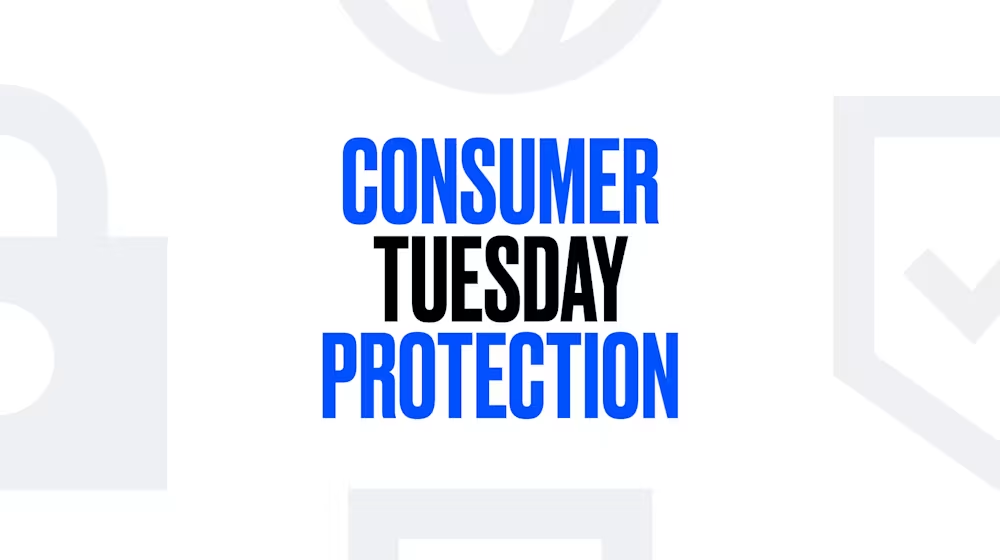Consumer Protection Tuesday: The Psychology Behind Social Engineering
Tl;dr: Falling for a scam doesn’t mean you’re gullible. It means you’re human. This blog explores the psychology scammers exploit—urgency, fear, and trust—to trick even the savviest investors. Learn how to recognize and resist the emotional tactics behind today’s most common crypto scams.

This post is part of a weekly Tuesday series at Coinbase about the latest consumer protection and security measures for crypto owners.
At Coinbase, we’re on a mission to help update the financial system to make it safer and more secure. While only 0.14% of blockchain transactions are used for illicit activity, and cash remains the preferred medium for illegal transactions, crypto security is always a top priority. Coinbase maintains a robust compliance program, which includes Know Your Customer (KYC) checks, sanctions screenings, suspicious activity reporting, and strong law enforcement partnerships to detect and prevent illicit activity on our platform.
The Emotional Equation Behind Crypto Scams
In 2024, U.S. consumers lost a record $16.6 billion to fraud, a 33% jump over the previous year (FBI IC3 Report, 2024). And the most dangerous threat isn’t malware or data breaches. It’s social engineering.
This tactic doesn’t require technical access. Just a well-timed phone call. A persuasive text. A story that makes you let your guard down.
Here’s how they do it and how you can fight back.
1. They Create a Crisis
Whether it’s someone pretending to be a federal agent or a bank employee, scammers will invent an emergency:
“Your account has been hacked. You must move your money—now.”
They’ll pressure you to act fast, before you have time to think. This triggers a stress response that overrides logic.
What to do: Hang up. Breathe. Verify. Real institutions never demand urgent action via phone or text.
2. They Make It Personal
Social engineers build trust before asking for money. It might start as a dating conversation, a professional networking message, or a “random wrong number” text.
Once they earn your attention, they’ll gradually pivot to investments or emergencies.
What to do: Avoid sharing financial or personal details with people you haven’t met in person or verified. Block and report suspicious outreach.
3. They Use Tech to Feel Real
Generative AI, spoofed websites, fake apps. Scammers use high-tech tricks to look legitimate. Many victims of investment fraud have seen realistic dashboards showing fake crypto gains.
Some are even duped by deepfake video calls with fake “support agents.”
What to do: Stick with trusted, regulated platforms. Always double-check domains and app sources. Don’t download apps from links sent by strangers.
4. They Rely on Silence
Many victims don’t report scams because they feel ashamed. But silence fuels the scam cycle. The truth is, scams are crafted to succeed, against anyone.
What to do: Speak up. Report suspicious activity to platforms and law enforcement. It could protect someone else.
Tips for Defense
Here are three simple steps to boost your emotional firewall:
Take a beat: If it feels urgent or emotional, pause and ask yourself, Why now? Who benefits?
Phone a friend: A second opinion is a powerful defense.
Use layered protection: Multi-factor authentication (MFA), strong passwords, and diversified wallets help block access even if emotions run high.
Awareness Is Your Best Defense
As crypto adoption grows worldwide, scammers are evolving just as quickly, deploying increasingly sophisticated schemes to exploit this momentum.
By understanding the psychological levers scammers pull, and recognizing that intelligence doesn’t equal immunity, we can all stay safer.
At Coinbase, we’re committed to helping you protect what’s yours. Because smart people don’t fall for scams due to a lack of knowledge. They fall because they care, they trust, and they act fast. We’re here to help you act smarter.
Recent Stories
Deribit joins Coinbase: Unlocking the future of global crypto derivatives
Coinbase has closed our acquisition of Deribit, officially making Coinbase the most comprehensive global crypto derivatives platform. This follows a record month of volume and revenue for Deribit as international momentum around crypto options heats up.

